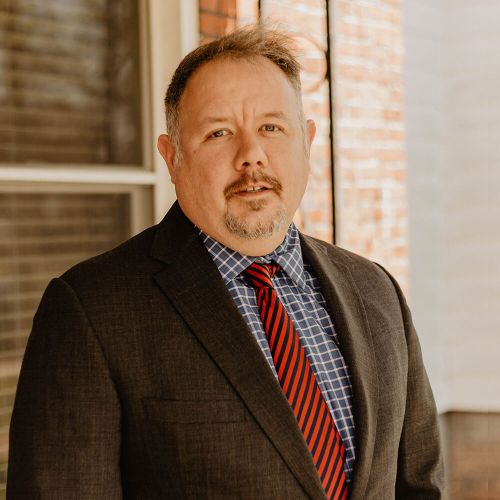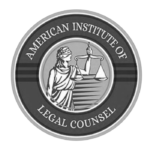How Should the NFL Handle Their Next Move?
This year fans of the NFL have experienced what seems like one of the more traumatic “off-field” seasons in quite some time. While each year and each offseason we hear varied stories of players who get into trouble with the law, whether it be drug crimes, drunk driving, or other interesting legal issues, there seems always to be at least a handful of players getting in trouble, and believe it or not they don’t all play for the Cincinnati Bengals any more!
This year has been a little different. Some of the troubles that players like Ray Rice and Adrian Peterson have gotten themselves mixed up in have tugged at the heartstrings of the public more so than in years past. This has made the commissioner and the league behave in a reactionary matter far more than we’re used to, and it seems to have some fans even turning their back on the league and it’s new policies.
What problems does this pose for the NFL, and more so for the players?
While I take an often unpopular view or perspective on matters like this, I was troubled with the way the league responded to the Ray Rice backlash. I understand that off-field conduct is important for the league to monitor, as they are constantly working to “protect the shield,” and that certain conduct off the field does warrant a suspension of game time. The post-rice(version 1.0) policy that a player is automatically suspended for 4 games on an allegation of domestic violence bothered me greatly. I felt like this significantly shifted the balance of “power” into the hands of people who may want to take advantage of NFL players. By no means is this an across the board accusal, but there are people in this world who will take out their feelings and emotions on an individual by attempting to leverage the legal system. Now, someone who is “involved” with an NFL player in one way or another has the ability to allege criminal charges of domestic violence, and hold that player over a barrel financially, risking that player’s livelihood and their career. Clearly, the Rice and Peterson situations involve a more clear distinction of some inappropriate behavior, whether each is deemed criminal or not isn’t for me to judge with a limited “media provided” set of facts. The reality of the situation, when the league imposes mandatory penalties and suspension like this, is that anyone has the power to potentially extort a player in the league, with a threat that they will file these charges, which will not only now result in potential criminal prosecution, but will also result in suspensions within the league.
This stuff happens every day. I regularly receive calls from individuals who are charged with a variety of offenses where when investigating and digging into the facts of the situations, it seems more likely than not the person who has initiated the charges is merely attempting to further another interest through the criminal justice system. Fortunately for these clients of mine, we are often able to have these charges dropped and removed, but this does not come without cost. To my clients, that cost is obviously my fee, but also the time and stress of dealing with the situation, the possible social issues that arise from picking up the charges or being arrested, and possible other collateral legal issues. For the NFL player, these things and now the threat of losing a few games that they will never get back become the possible costs here. I can work with clients to have charges that are dropped or result in a not guilty verdict expunged, but no lawyer, no matter how skilled, can put players back onto the field for games they were suspended during. No agent can reverse the result of their client not being on the field and accumulating the stats that most players leverage their next contracts on.
The NFL and other professional sports leagues need to take a hard look at the review process that they intend to implement with these new policies. They need to make sure they are not putting their players at an unnecessary disadvantage that stretches beyond the on field/off field issues that they’re trying to prevent. Preventing and educating about domestic violence is a noble cause, a cause that I fully support, but you cannot correct one harmful behavior by opening the door to another.

Written By Jobeth Bowers
Maryland Attorney Jobeth Bowers is the founder of Bowers Law and a graduate of the University of Baltimore School of Law
"*" indicates required fields







